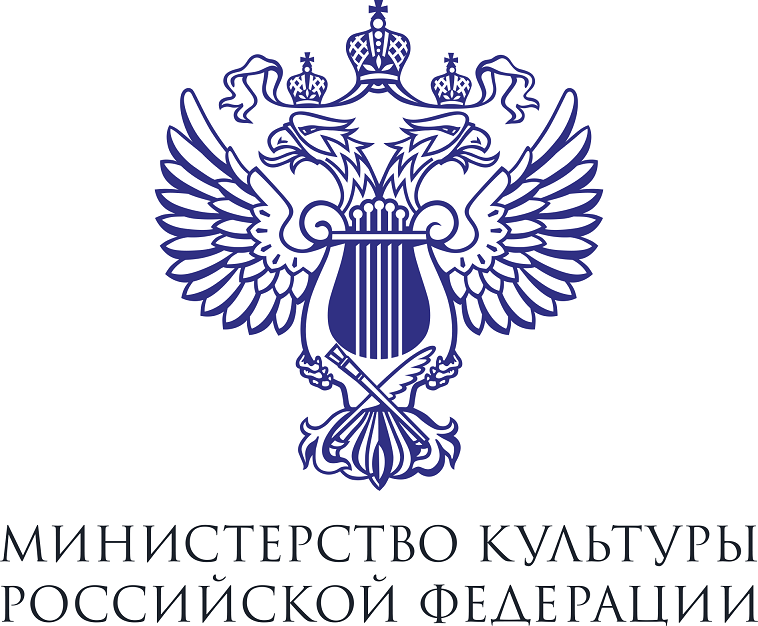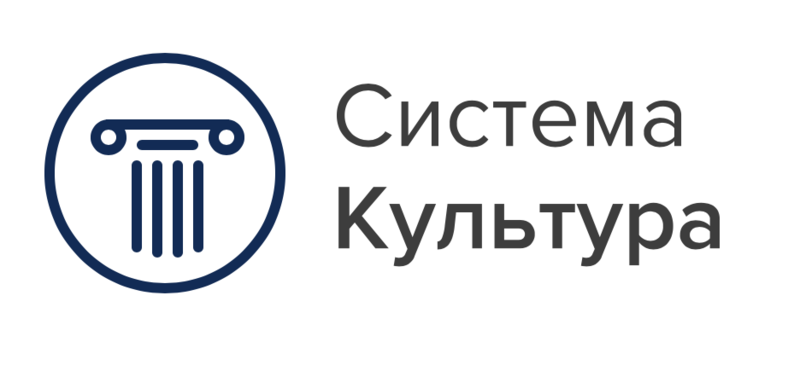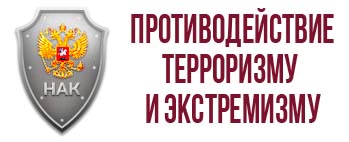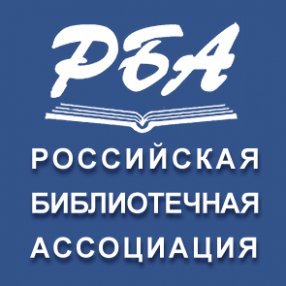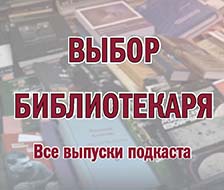Date: 13.01.2021
Reports made at the sessions were devoted to the study of materials on the history of the theatre; the problems of staging classics; book and archival collections; unknown or little-studied pages of the creative biography of playwrights and theatrical figures, as well as theatrical bibliographies.
The theme of 2020 was ‘Literature on the Theatre Stage.’
The online conference brought together famous Russian and foreign art historians; theatre scholars; philologists; historians; and specialists of libraries, museums, archives, and institutes.
Opening the conference, Russian State Art Library (RSAL) Director Ada Kolganova noted that the topic of the readings aroused great interest among researchers, resulting in a number of applications to speak. Unfortunately, quarantine deprived conference participants of the usual, direct communication within RSAL; fortunately, technology has opened up broad opportunities for online meetings and discussions.
Ada Kolganova emphasised that the conference is devoted not only to the history of the theatre, but also to theatrical source resources, collections, archives, and library collections. She presented the National Theatre in the Context of Multinational Culture, a Collection of Materials from the Eleventh International Mikhoels Readings.
Each presentation by participants on the first day of the conference became a unique new page in the history of the development of theatre arts; the study of the production of plays; directorial methods of staging; and the interpretation of classics in drama theatre and on the opera and ballet stages.
Director of the Central Scientific Library of the Union of Theatre Workers of the Russian Federation Ludmila Sidorenko spoke about unknown materials from the history of the student theatre of Moscow State University that are preserved in the library’s folder on the famous MXAT actor Konstantin Babanin, who for some time led an amateur team.
From Istanbul, a report by theatre expert Huraman Novruzova was dedicated to the most interesting productions of Chekhov on the Turkish stage, including those by such Russian directors as Kama Ginkas, Joseph Raihelgauz, and Iosif Kheifits.
Evgenia Abelyuk, a well-known researcher on the work of Yuri Lyubimov, spoke about the famous director’s productions in Russia and abroad based on Fyodor Dostoevsky’s novel Crime and Punishment.
In her speech, RSAL Director Ada Kolganova paid attention to staging as an object of bibliography, an important system for researchers to use in searching for dramatic versions of texts in library catalogues, the degree of admissibility of ‘translation’ of originals into drama, and the legal aspects of authorship of dramatic texts.
Senior Researcher at the AA Bakhrushin State Central Theatre Museum Ludmila Starostina introduced various interpretations of the image of Don Carlos in European drama.
Pavel Rudnev, PhD (Art History), presented research related to the study by Alexander Solzhenitsyn on the work of Alexander Ostrovsky. Over a period of two years, the 70-year-old writer carefully perused 10 volumes of Ostrovsky’s works, leaving in his notes original statements about the features of the language and themes in classic Russian drama.
Tatiana Bartele, DrSci (History) from Riga, introduced a series of ambiguous Latvian press reviews following the premiere of Ivan Turgenev’s Noble Nest on the stage of the National Theatre in the 1930s.
From Kazan, there was a speech by Rauza Sultanova, DrSci (Art History), about the performances of Idegei, the most famous historical epic of the Tatar people.
RSAL specialist Olga Golubeva, PhD (Philological Sciences), read a report on the theme of King Orpheus as a ‘synthetic’ art experience in the works of Claude Debussy, Victor Segalen, and Gustave Moreau.
Evgenia Tokareva, curator of museum pieces at the AA Bakhrushin State Central Theatre Museum, presented two 1970s posters from the Moscow Regional Youth Theatre and the Ivanovo Puppet Theatre for The Tale of Igor’s Campaign. Their original artistic design makes them valuable objects for museum preservation and study.
The speech by Leonid Katsis, DrSci (Philological Sciences), took the audience on a fascinating excursion into the art of the turn of last century in Nikolai Evreinov’s publications of Teatr dlya cebya (Theatre for Yourself) on the pages of Cinema Journal.
Ksenia Popova, a post-graduate student at the Russian Institute of Theatre Arts (GITIS), spoke about the particulars of the ‘translation’ of Alexander Pushkin’s Eugene Onegin into the language of classical and modern ballet.
Galina Eliasberg, PhD, presented her research on Sholem Aleichem’s stories and novels in theatrical performances in various countries.
Raisa Ostrovskaya, senior researcher at the AA Bakhrushin State Central Theatre Museum, introduced Ivan Dostoevsky’s The Idiot on Russian theatres stages, starting with its first performance in 1899, where the famous Maria Ermolova shone in the role of Nastasya Filippovna.
Researcher Olga Tikhovskaya from Chisinau spoke about an unknown play by Georgy Obolduev, the comedy Queen of Neverya, staging the fairy-tale of Alexander Pushkin. Written in 1948 by order of the Central Children’s Theatre, the play was rejected for censorship reasons.
A video message from Tartu by Tatiana Shor, PhD (Philology), was dedicated to Fyodor Raskolnikov, hero of the revolution, commander of the fleet, diplomat, and chief editor of literary magazines, who in the 1930s, while working as Plenipotentiary Representative in Estonia, had his play Robespierre staged in the Estonian theatre.
Experienced researchers, Violetta Gudkova, PhD (Art History), and Maria Mishurovskaya chief bibliographer at RSAL, discussed Mikhail Bulgakov’s works in the theatre arts.
The topic of the speech by Konstantin Zubkov, PhD (Philological Sciences), were the issues of moral criteria when transferring a dramatic work to the stage and the activity of censorship that determined the degree of ‘permissibility’.
What Hermann was like in The Queen of Spades, a 1935 performance staged by Vsevolod Meyerhold at the Leningrad State Academic Maly Opera Theatre, was discussed by Marina Svetaeva, PhD (Art History).
These and other speeches frequently generated questions and remarks, and resulted in clarifications by conference participants.
Closing the conference, RSAL Director Ada Kolganova thanked all participants for their speeches, which were rich in the material presented and engrossing information.
Ada Kolganova expressed the hope that the next conference and its cultural programme will be held within the walls of RSAL. The main outcome of this year’s meetings will be a collection of the online speeches that were delivered over the two days.
RSAL invites everyone who was unable to listen to the reports to view the video of the conference, which will be available on RSAL’s YouTube channel.



